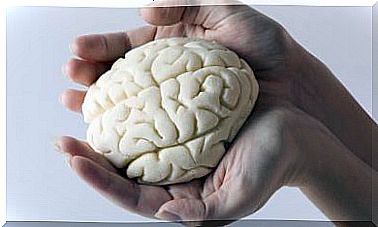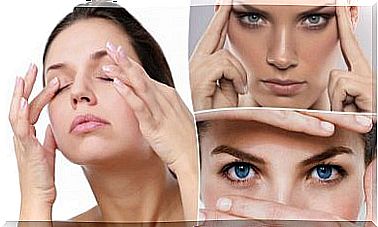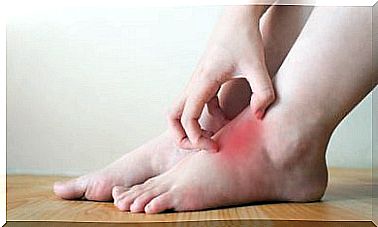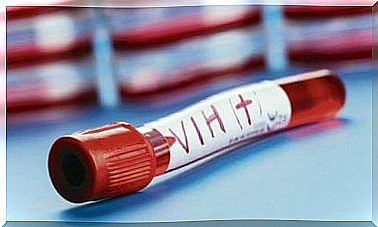How To Know If You Are Starting To Suffer From Hypothyroidism
At the slightest indication it is advisable that we consult a specialist so that we can perform a complete analysis and thus be able to verify if the symptoms are indicative of a thyroid disorder.
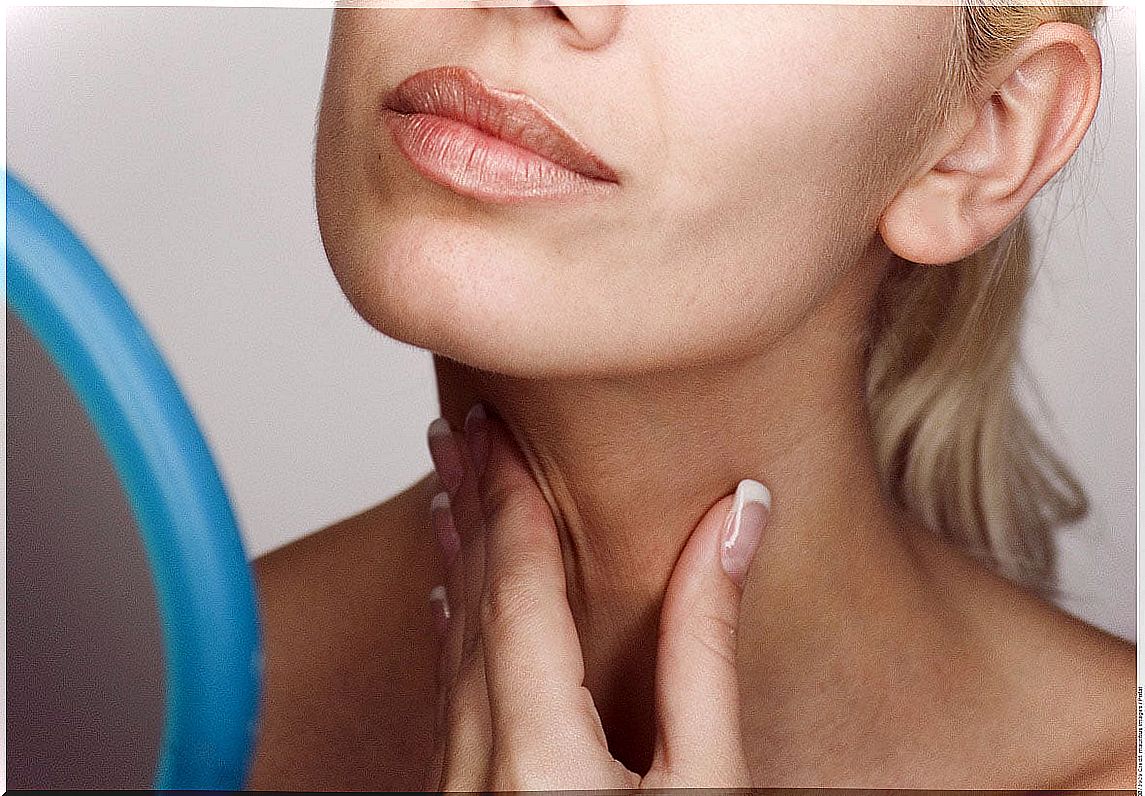
Hypothyroidism is a much more common disease than we think and its symptoms can be confused with those of other diseases, therefore, it is sometimes difficult to diagnose. Other more specific symptoms, however, are poorly understood.
Although it is not possible to determine, on your own, if we are suffering from hypothyroidism just by considering that we are experiencing certain symptoms, it is necessary to take them into account when discussing concerns with the doctor. In this way, the professional will be able to make the proper diagnosis.
What is hypothyroidism?
Hypothyroidism is a disease that affects a small part of the population and is characterized by a deficit in the secretion of thyroid hormones. It is more common among women than men, especially among those over 50 years of age and also after childbirth.
It is important to explain that the thyroid is a gland that is located above the trachea and has the function of regulating the body’s metabolism and contributes to the production of hormones.
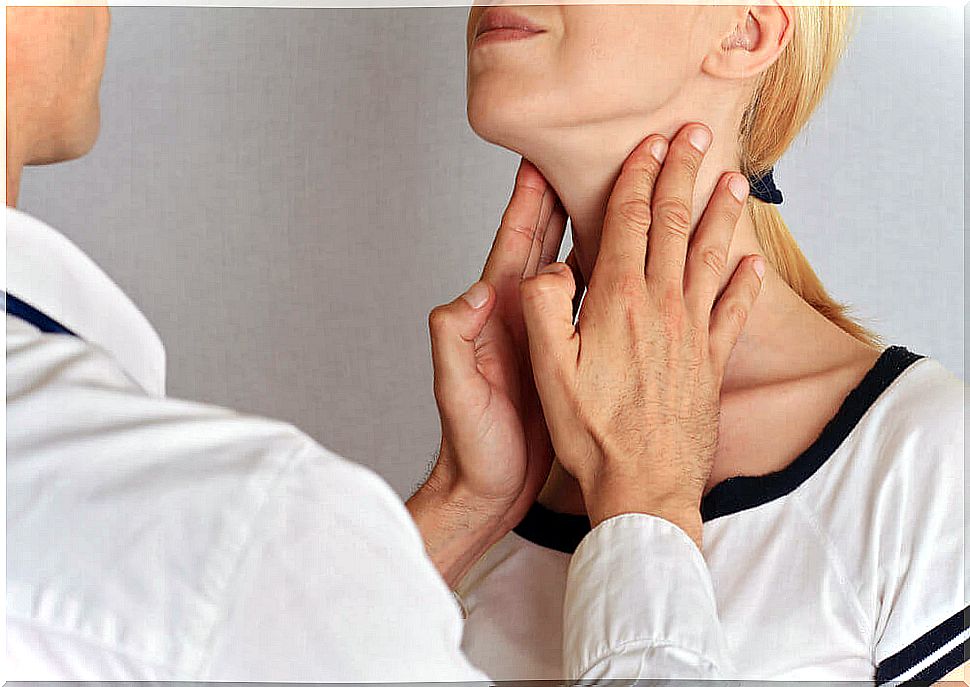
Most frequent symptoms
Here we explain which are the most common and also the least known symptoms of hypothyroidism:
- Pale or yellowish complexion
- Double chin or double chin.
- Frequent headaches
- Tendency to get infections.
- Depression or mood swings.
- Tiredness and exhaustion. You may suffer from muscle pain and weakness.
- Increased sensitivity to cold, even when others are hot.
- Constipation despite eating foods rich in fiber and drinking enough water.
- Increase unexplained weight gain or difficulty losing weight despite diet control and exercise. In some cases the opposite can also happen, and lose weight considerably.
- Swelling in the face Due to fluid retention, the face swells, especially in the morning, and bags appear under the eyes that give an appearance of exhaustion.
- Hormonal imbalances and, in some cases, difficulties getting pregnant.
- Hair loss despite eating a balanced diet. Hair is dry, brittle and brittle.
- Dry skin. In general, you have to hydrate it very often and with very nutritious products.
- Lack of hair on the outer edge of one or both eyebrows. This signal is very characteristic, but not very well known, according to Mayo Clinic experts.
The thermometer test
There is a simple test that can be done at home, at no cost, and that will provide more information to know if you could be suffering from hypothyroidism. You only need a thermometer, digital or oral.
The temperature should be taken as soon as you wake up, for several days in a row to know what the average temperature of the body is at total rest. This average temperature suggests if there could be a problem with the thyroid function:
- Normal: If it is between 36, 2 and 36, f7 ºC.
- Possible hypothyroidism: If it is less than 36, 2 degrees. The thyroid gland is working slower than normal.
For this test to be more reliable , everything that can alter the natural body temperature, such as electric blankets, drinking alcohol or taking stimulant substances , must be dispensed with.
Women are often advised to avoid testing during the first few days of their period and during ovulation (around day 14 of the cycle).
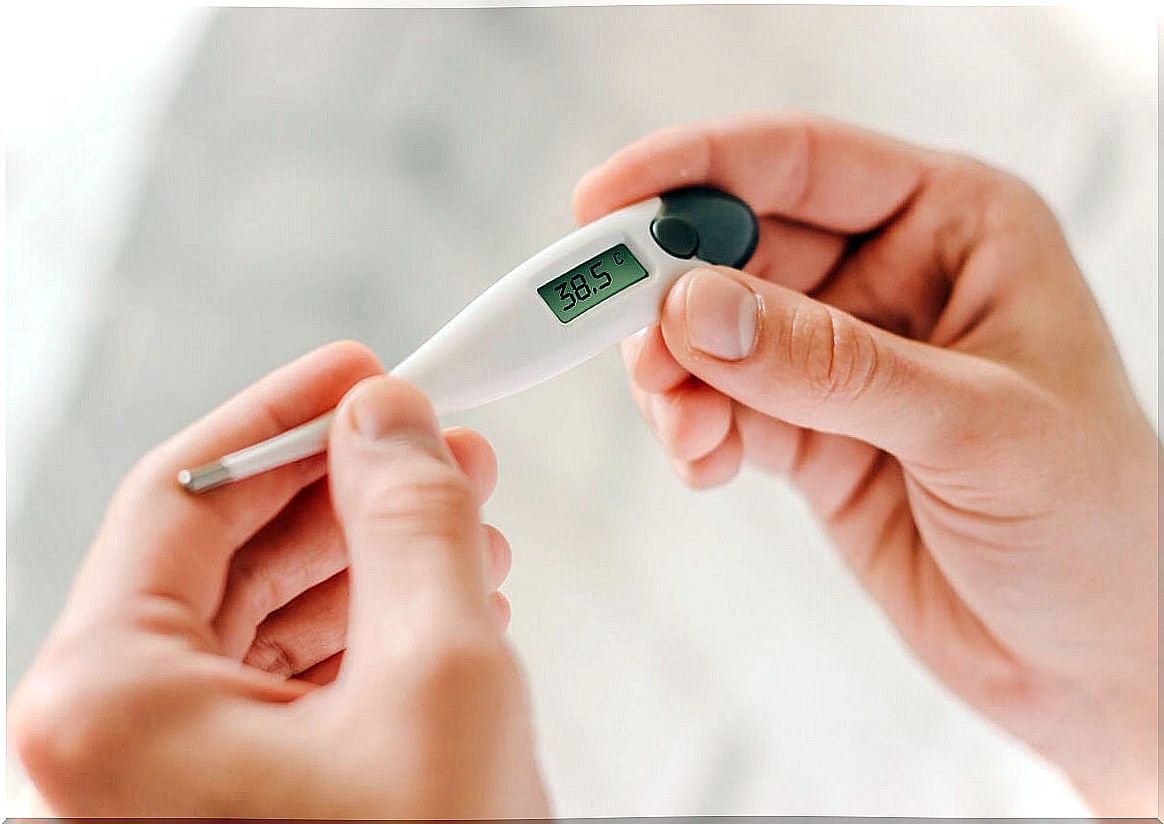
If I have the symptoms?
If you meet at least five of the symptoms that we have mentioned and, in addition, the thermometer test suggests that your body temperature is lower than the normal average, we recommend that you go to a specialist so that they can perform the relevant tests.


